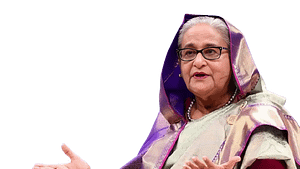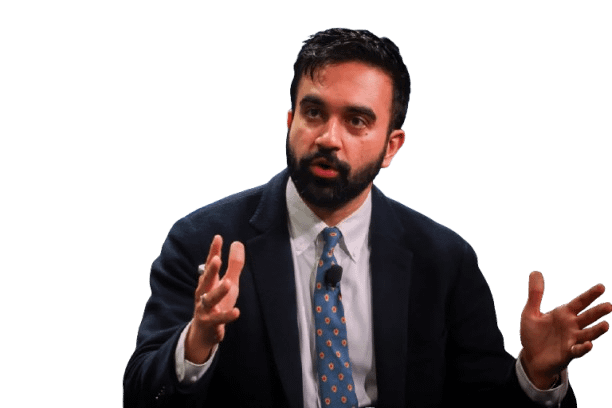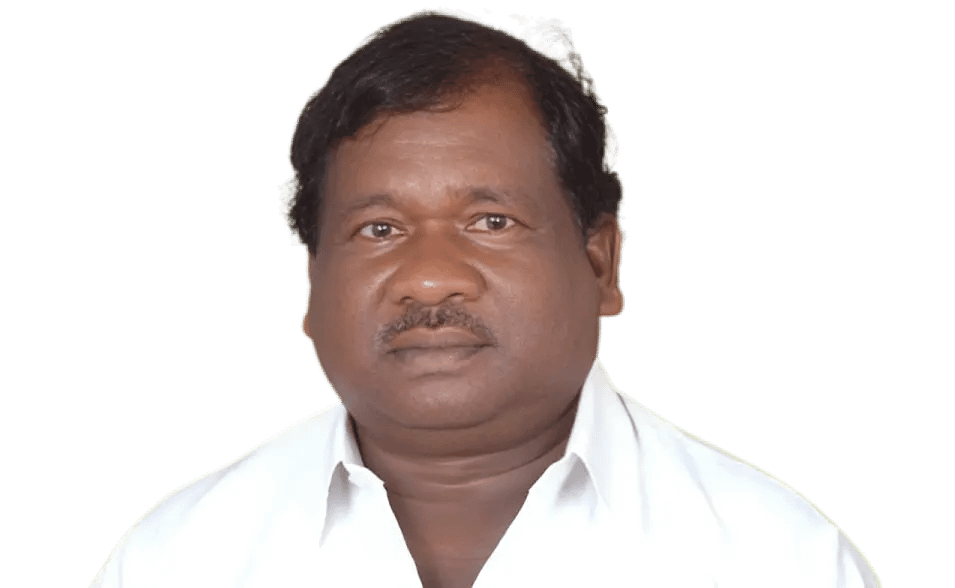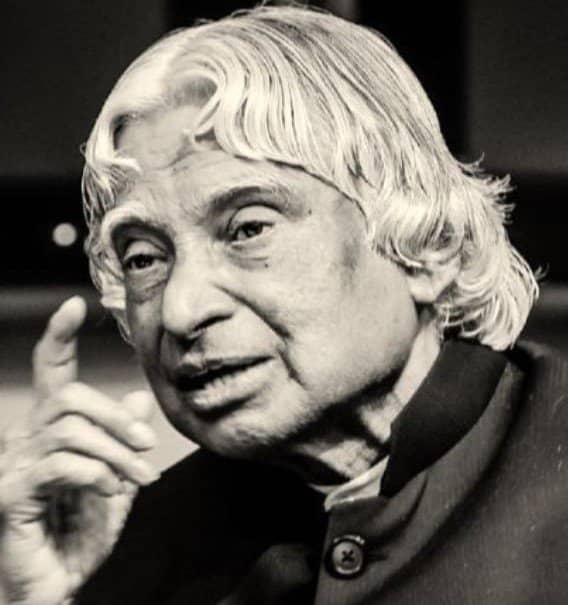Sheikh Hasina Prime Minister of Bangladesh

Sheikh Hasina, the Prime Minister of Bangladesh, is one of South Asia’s most influential and longest-serving political leaders. As the daughter of Bangladesh’s founding father Sheikh Mujibur Rahman, Hasina has navigated turbulent political waters, survived multiple assassination attempts, and led her country through significant economic and social transformations. Known for her tenacity and grassroots connection, Hasina’s leadership has left an indelible mark on Bangladesh’s development trajectory.
Sheikh Hasina Early Life and Education
Sheikh Hasina Wazed was born on September 28, 1947, in Tungipara, a village in the Gopalganj District of what was then East Bengal under British India (now Bangladesh). Her father, Sheikh Mujibur Rahman, was a leading figure in the Bengali nationalist movement and later became the founding President and Prime Minister of Bangladesh. Her mother was Begum Fazilatunnesa Mujib, a supportive figure in the liberation movement.
Hasina was raised in a politically conscious household, immersed in the ideas of justice, nationalism, and social reform. She attended Azimpur Girls School in Dhaka and later completed her Higher Secondary Certificate (HSC) from Government Intermediate College.
She went on to study at the University of Dhaka, where she earned a Bachelor’s degree in Bengali Literature in 1973. During her time as a student, she actively participated in student politics and was affiliated with the Chatra League, the student wing of the Awami League.
Sheikh Hasina Personal Life
In 1968, Sheikh Hasina married Dr. M. A. Wazed Miah, a nuclear scientist who later became a key advisor in Bangladesh’s nuclear energy initiatives. The couple had two children: Sajeeb Wazed Joy, an ICT consultant and political advisor, and Saima Wazed, a psychologist and advocate for autism awareness.
Hasina’s life was forever changed on August 15, 1975, when her father, mother, and nearly all her family members were assassinated in a military coup. She and her sister, Sheikh Rehana, were the only survivors, as they were in West Germany at the time. The trauma of this tragedy deeply influenced her political resolve and commitment to her father’s vision.
Sheikh Hasina Political Career
Entry into Politics (1981)
Sheikh Hasina was elected President of the Awami League in 1981, while still in exile. Her return to Bangladesh in May 1981 marked the beginning of a political journey that would span over four decades. She became the face of the democratic movement against autocracy during the rule of General Hussain Muhammad Ershad.
First Term as Prime Minister (1996–2001)
Hasina’s Awami League won the national elections in June 1996, marking her first tenure as Prime Minister. Key achievements during this period included:
- Signing the Ganges Water Sharing Treaty with India.
- The historic Chittagong Hill Tracts Peace Accord in 1997, ending a decades-long insurgency.
- Economic reforms and boosting the garments industry.
However, her government also faced criticism over corruption allegations and energy crises.
Opposition and Turbulence (2001–2008)
After losing the 2001 elections to the Bangladesh Nationalist Party (BNP), Hasina led a strong opposition. The period was marked by political unrest, frequent hartals (strikes), and increasing violence.
In 2007, she was arrested by the military-backed caretaker government on corruption charges. She spent nearly a year in jail before being released in 2008 under public pressure and international mediation.
Return to Power and Longest Serving Tenure (2009–Present)
In December 2008, Sheikh Hasina led the Grand Alliance to a landslide victory, beginning a historic era of uninterrupted rule:
Key Reforms and Achievements:
- Economic Growth: Under her leadership, Bangladesh achieved over 7% GDP growth, becoming one of Asia’s fastest-growing economies.
- Digital Bangladesh: A flagship initiative to digitize public services, education, and economy.
- Padma Bridge: Despite World Bank pulling out, the project was completed with domestic funds and inaugurated in 2022.
- Rohingya Refugee Crisis: Her administration welcomed over 1 million Rohingya refugees from Myanmar since 2017, earning global praise.
- Power Sector Revolution: Increased power generation capacity from 5,000 MW in 2009 to over 25,000 MW by 2024.
- Metro Rail & Infrastructure: Development of Dhaka Metro Rail and other megaprojects reshaping urban mobility.
Controversies and Criticism
Hasina’s long rule has not been free from controversy:
- Freedom of Speech: Crackdowns on dissent, press freedom, and use of the Digital Security Act have drawn international criticism.
- Election Fairness: The 2014 and 2018 elections were marred by allegations of vote rigging and suppression of opposition.
- Authoritarianism Accusations: Some accuse her of sliding toward authoritarianism by weakening institutions and centralizing power.
Despite criticisms, Hasina remains immensely popular among rural and working-class voters due to her pro-poor policies and emphasis on development.
Sheikh Hasina Social Media Handles
Sheikh Hasina personally maintains a low profile on social media, but her office and the Awami League are very active:
- ✅ Facebook (Official Page): https://www.facebook.com/SheikhHasina/
- ✅ Twitter (via Awami League): https://twitter.com/albd1971
- ✅ Instagram (Awami League): https://www.instagram.com/albd1971/
- ✅ YouTube (Awami League): https://www.youtube.com/c/albdwebteam
Net Worth
As of 2025, Sheikh Hasina’s personal net worth is estimated at around $4–5 million USD. The following constitute her wealth sources:
- Government Salary & Perks: As Prime Minister, she earns around $3,000 per month, excluding benefits like security, residence, and allowances.
- Family Inheritance: Her late husband was a scientist with property in Rangpur and Dhaka.
- Book Royalties: Hasina has authored several books and receives royalties from sales, including:
- “Development for the Masses”
- “The Unfinished Memoirs”
- “Secret Documents of Intelligence Branch on Bangabandhu Sheikh Mujibur Rahman”
She has publicly declared modest assets, and lives in Gonobhaban, the official residence of the Prime Minister of Bangladesh.
Awards and Recognition
Sheikh Hasina has received numerous international awards:
- 🏅 UN Champion of the Earth (2015) for environmental leadership.
- 🏅 Mother Teresa Award (2013).
- 🏅 Global Women Leadership Award (2018).
- 🏅 Vaccine Hero Award (2019) from Gavi.
- 🏅 ICT Sustainable Development Award from the UN.
She has also been featured multiple times in Forbes’ list of the World’s 100 Most Powerful Women.
Legacy and Global Perception
Sheikh Hasina is often regarded as one of the most successful female leaders in the Muslim world. Her ability to maintain political dominance, achieve economic growth, and handle geopolitical balancing between China, India, and the West has elevated her global stature.
She has become a symbol of resilience, especially in light of her tragic family history and political challenges. Domestically, she is seen as the “Mother of Development” by many of her supporters, while critics warn of increasing autocracy.
Future Outlook
At over 75 years of age, questions about political succession are frequently raised. Her son, Sajeeb Wazed Joy, plays a prominent role in tech and digital policies, and many speculate about his future in politics. Sheikh Hasina, however, remains focused on seeing through Vision 2041 – a roadmap to make Bangladesh a high-income country.
Conclusion
Sheikh Hasina’s journey from a grieving daughter in exile to one of the world’s most powerful female leaders is a testament to her resilience, political acumen, and deep-rooted connection to her people. Despite criticisms, she has undeniably steered Bangladesh toward economic progress, infrastructural development, and increased global visibility. Her legacy is already etched in Bangladesh’s history, not just as a leader, but as a symbol of endurance and vision.



